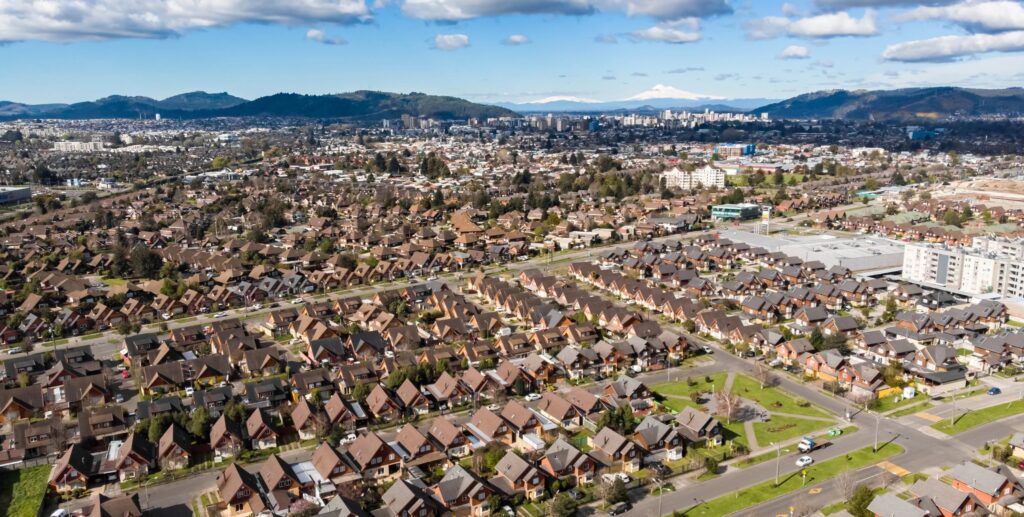The Controversies, Conspiracies, and Greed Behind America’s Suburbs

Recent years have witnessed considerable criticism against what many perceive to be endless sprawl and “lifeless” suburbia surrounding many American cities. Such criticism often draws the ire of policy makers; yet while rural investing comes up often enough in discussions, I’ve yet to come across much talk regarding urban versus suburban investing (though it does happen on BiggerPockets forums).
Urban planners and car-free movement activists generally view suburbia as a capitalist conspiracy created by greedy developers, with General Motors’ deliberate manipulation of local governments into an indebted mess that relies heavily on cars – which will soon come tumbling down catastrophically. Some anti-car activists have even gone so far as deflating random people’s tires while posting threatening letters against them.
Given that real estate investors rely heavily on cities they invest in not collapsing, the truth of this matter should be of considerable interest here. Due to its vastness, however, I will cover it in two parts.
Here, we will examine the complex origins and distinctive traits of American suburbia. In Part 2, we will dive deeper into its criticisms as well as explore whether suburbs make economic sense for real estate investors.
History of Suburbs
One difficulty when discussing (or criticizing) suburbs is their definition. Google Dictionary simply states: a suburb “is an outlying district of a city, especially one designed as residential.”
Suburbs have existed ever since the establishment of cities – whether ancient Jerusalem, Rome or Persepolis were first developed – with their core districts being densest before gradually less dense residential neighborhoods formed around them.
Indeed, this arrangement echoes the medieval castle layout – wherein lord’s castle would usually be surrounded by farmland and villages belonging to his serfs, from which they could retreat when threatened with attack in order to defend the castle themselves from within its walls.
Simply stated, suburbia as defined is nothing special or unusual and to criticize it would be foolish. Suburbia first entered English language usage in the early 18th century – long before any claim has been made to create modern American suburbia through “car-free movements”.







